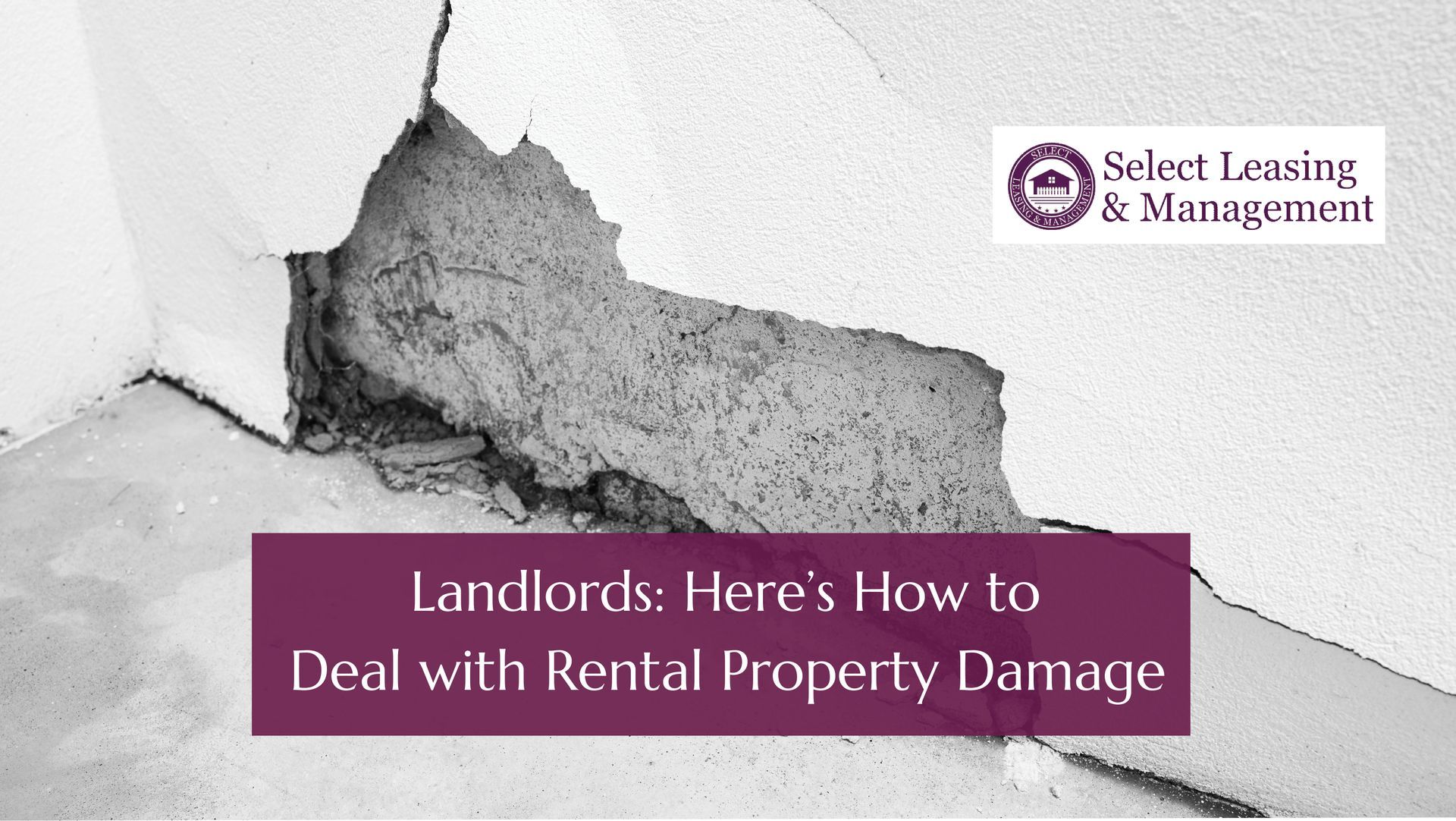The Role of a Landlord vs. a Property Management Company

When many people think of a landlord, they picture someone who fixes things that are broken, handles complaints, and collects rent. But if that’s the case, what is a property manager?
The truth is that a landlord and a property manager can have a lot of the same responsibilities. The differences in their roles depend on whether a landlord decides to hire a property manager to take some of those responsibilities off his plate. We will explore the differences between landlord and property manager, and explain why hiring a rental property management company can offer great peace of mind for a landlord.
What is a Landlord?
A landlord is someone who owns rental property as an investment. They are responsible for maintaining the property and keeping it occupied with quality tenants. Many landlords choose to do this themselves, while others find someone to do it for them. A landlord who handles their own property needs to be able to:
- Advertise for new tenants
- Screen and do background checks on prospective renters
- Prepare lease agreements
- Enforce the terms of the lease agreement
- Set rental price
- Collect rent payments
- Maintain the property and make any needed repairs
- Handle tenant complaints and disputes
In addition, a landlord who owns the property makes major financial decisions, such as when to replace the roof or buy all new appliances in an apartment complex and when to raise rent prices.
What is the Purpose of a Property Manager?
A property manager acts as a representative for the landlord. They can do all of the same things a landlord does, but they often have more resources and the experience to do it more efficiently. Property management companies can have an entire staff dedicated to the various jobs that need to be done.
Landlords, especially those who own only a few properties or have a full-time job, often find it beneficial to outsource the work to a property manager. Property managers can focus on the work of running a rental 24/7, including performing tasks such as:
Help Finding Qualified Tenants
With extensive marketing and advertising experience, property managers can tap into a large pool of potential renters. They also have effective screening policies in place to weed out unqualified tenants. Not only can they prevent units from going unoccupied, but they can also make sure to cover things in a background check that landlords might forget.
Know How to Fix Things, or Who to Call if they Don’t
Owning a rental property means constantly receiving maintenance requests. A landlord may easily address some issues, such as replacing a lightbulb, but may not be able to handle more complicated tasks like fixing a leaky dishwasher. Property managers have plenty of knowledge and experience with handling repairs and also have excellent relationships with trusted plumbers, electricians, and other local vendors to call upon when needed.
Landlords who own multiple properties or live far away can rely on their property manager to respond to maintenance requests quickly, keeping tenant complaints at a minimum.
Prepare Vacant Units for the Next Tenant
To keep rental properties full, landlords need to clean and make any needed repairs immediately after tenants move out. A property manager can efficiently clean carpets, paint, clean appliances, and go above and beyond to make sure rentals are ready to show to new applicants, taking the weight off of the landlord’s shoulders.
Understand Landlord-Tenant Laws
Property managers are familiar with local, state, and federal laws regarding discrimination in screening and selecting tenants, the accuracy of lease documents, and a tenant’s right to privacy. They also understand the legalities of the eviction process and can ensure that the property itself complies with rental laws. Landlords can get very busy and fail to review many of these regulations, ending up with costly legal consequences.
Track Down Rent Payments
Landlords can spend a lot of time trying to collect rent from elusive tenants. And the longer rent goes unpaid, the farther behind they get financially. A property manager has the communication skills needed to get tenants to pay on time, or make them pay if they are late. They also know how to legally terminate a lease or begin eviction proceedings if necessary.
Keep Track of Finances
Not all landlords have the skill or desire to do their own accounting. A property manager can offer these services, tracking rent collections and expenses and providing financial reports. Property managers are also a great resource for a landlord’s decision-making about the property. They can advise about how to prioritize large capital investments and renovations for the property, such as installing new machines in a laundry room or recarpeting the hallways. They are also familiar with the local rental market, so they know how much similar properties are charging for rent, and how much tenants are willing to pay. All of this can be highly beneficial to a landlord when it comes to boosting their ROI.
A Rental Property Management Company Can Help Landlords Enjoy Their Investment
Self-managing rental property can be overwhelming for a landlord, especially when there are multiple units involved. Choosing to hire a property manager can mean letting go of a lot of the stress. Rental owners can leave their investment in the hands of professionals, allowing them to focus on their full-time job and their family, or just enjoy more free time.
If you are a landlord in the St. Louis region ready to increase your profits and have more time in 2025,
Select Leasing & Management can help.
Contact us today to learn how we can give you back your time, save you money, and safeguard your investment.ody content of your post goes here. To edit this text, click on it and delete this default text and start typing your own or paste your own from a different source.
Share this post










